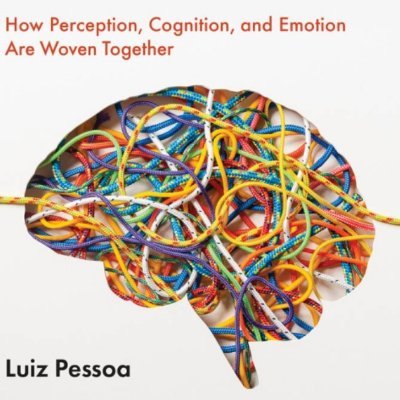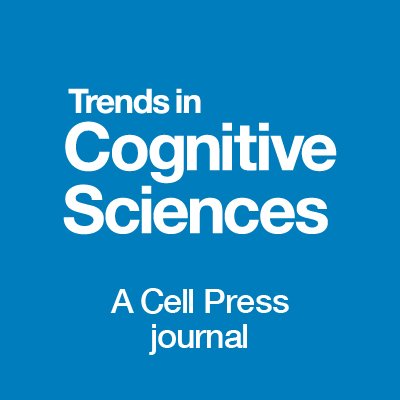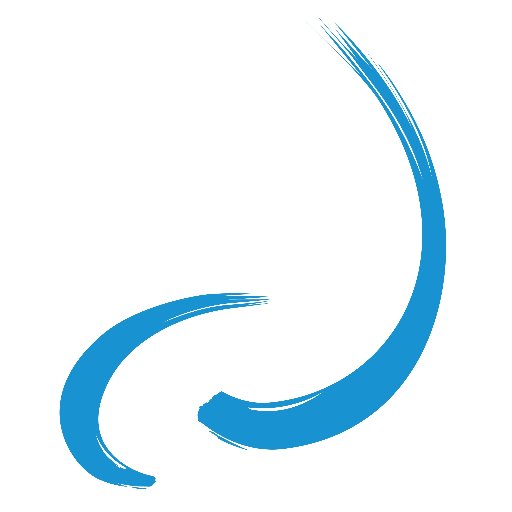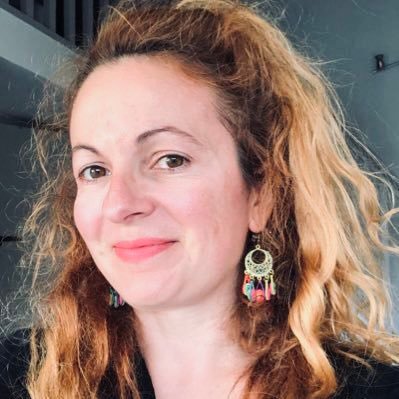
Creativity & Imagination Lab @UGA
@the_imagine_lab
Followers
872
Following
888
Media
37
Statuses
1K
The Creativity & Imagination Research Lab is led by Anna Abraham (E. Paul Torrance Professor, University of Georgia, USA)
Athens, GA, USA
Joined July 2017
📝 Occam's Razor Misapplied: Pinpointing the Role of the Default Mode Network in Creativity 📕 Advanced online publication in Current Opinion in Behavioral Sciences 🕸️ https://t.co/z97ow4RjI0 Open access period (read or download paper for free) ends September 24, 2025
0
3
5
Hidden Markov Models Really enjoyed this paper on dynamics underlying resting state and other conditions. The idea of a baseline state from which excursions lead to more integrated states is really interesting. https://t.co/NMvcNlhYFW
3
66
344
An amazing collection of brain-body interaction articles in this special issue. Love the beautiful vagus nerve on the cover by Andreas Vesalius https://t.co/K1El0JuJDX
6
75
403
Representations of social experience in hippocampal circuits Review by Rachel S. Clein (@grad_rachel) & Elizabeth Gould Free access before December 11: https://t.co/K9CrDwDSb6
3
37
151
When spotting what’s changed from one scene to the next, performance will depend on a low-frequency “theta” brain wave that scans the mental image, a new MIT study in @NeuroCellPress shows https://t.co/kMQb7nRZaz
#neuroscience #cognition @ScienceMIT @mitbrainandcog
picower.mit.edu
When spotting what’s changed from one scene to the next, performance will depend on a low-frequency “theta” brain wave that scans the mental image, a new MIT study shows.
2
11
45
AI Surrogates and illusions of generalizability in cognitive science Opinion by M.J. Crockett & Lisa Messeri Free access before Dec 10: https://t.co/7KY3xJMUNi
0
27
68
New in #JNeurosci: Clément and Tallon-Baudry found that the neural mechanisms for orienting attention are different when remembering imagery in the “mind’s eye” compared to viewing things on a screen. https://t.co/gDbcmgMl6L
0
10
30
The process of affect labeling Review by Ella Givon, Nachshon Meiran (@NMeiran), & Amit Goldenberg (@Amit_Goldenb) Free access before Dec 6: https://t.co/3bBTSufl02
0
13
54
An electronic eye implant has restored vision in people with blindness caused by age-related macular degeneration https://t.co/aCIVG021Lh
nature.com
Nature - An electronic eye implant has restored vision in people with blindness caused by age-related macular degeneration.
8
164
536
In this article, Park et al. find that emotionally arousing moments during a narrative are associated with heightened integration across functional brain networks, which in turn predict how well those moments are subsequently remembered. https://t.co/SWP0dAFlT8
nature.com
Nature Human Behaviour - Park et al. find that emotionally arousing moments during a narrative are associated with heightened integration across functional brain networks, which in turn predicts...
0
15
60
It’s not the thought that counts: Allostasis at the core of brain function: Neuron
cell.com
The authors review evidence that the primary function of the brain, supported by distributed neural systems, is the predictive regulation of physiology (i.e., allostasis). An example from Alzheimer’s...
8
12
81
Ron Beghetto and Maciej Karwowski on their new short book “CREATIVE AGENCY UNBOUND” [An interview for the IN PURSUIT OF CREATIVITY Substack] https://t.co/Y1d0EPRAwp
0
2
2
“CREATIVE AGENCY UNBOUND” New short book by Ron Beghetto & Maciej Karwowski (open access period ends on Oct 15): https://t.co/QdQSFjukHV
0
0
1
Every idea you’ve had has probably been done before. So how do you create something truly original? Here are 3 ways to think differently..
3
6
14
For all the knucklehead reviewers out there. Principles for proper peer review - Earl K. Miller https://t.co/godgWGWFmG
#neuroscience
jocnf.pubpub.org
4
18
83
Critical Artificial Intelligence Literacy for Psychologists. By @o_guest
https://t.co/jIgo8fHyWM
0
4
6
😌 yes, nowhere is perfect but please join us on the other one 🦋 where we talk about fun preprints like this: Guest, O., Suarez, M., Müller, B., et al. (2025). Against the Uncritical Adoption of 'AI' Technologies in Academia. Links below 👇🏼
2
20
58
Creative Minds, Younger Brains: Engaging in music, dance, painting, or even (some) gaming is linked to delayed brain aging. Article: https://t.co/rexsAc43H4. 🧵1/5 Biophysical modeling, graph theory, and Neurosynth analyses reveal plasticity-driven efficiency in regions most
23
550
2K
I often hear the claim that smartphones and social media are good for kids because they are an outlet for creativity. There is never a citation of research. I think the opposite is true: creativity needs deep work, and is hampered by constant distraction:
33
81
587
In this week’s issue: From intelligence to creativity, how your mind works best on the edge of chaos. Grab a copy in shops now or download our app for digital editions. https://t.co/lVuLgc4VuD
9
32
133






















